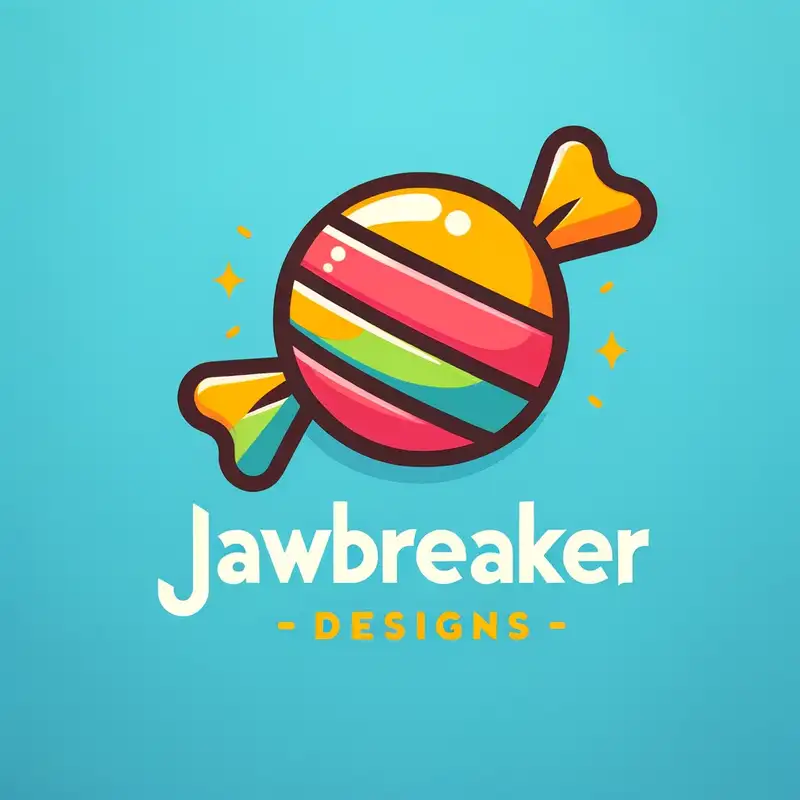 Episode
Episode
· 03:03
Sure! Here’s a podcast-ready summary based on Nick Taylor’s presentation at All Things Open AI 2025, titled “Let’s Create a GitHub Copilot Extension!”—along with bullet-point key takeaways. The summary is optimized for text-to-speech (TTS), informative, and engaging:
🎙️ Podcast Segment: Let’s Create a GitHub Copilot Extension!
If you’ve ever wondered what it takes to bend GitHub Copilot to your will, Nick Taylor from Pomerium has the blueprint. In his All Things Open AI 2025 talk, he walks us through the nuts and bolts of building your own GitHub Copilot extension—yes, your own assistant programmed to work exactly the way you code. Nick doesn’t just demo a cool idea; he digs deep into the infrastructure, tools, and patterns needed to customize your AI pair programmer. From leveraging Custom Copilot Chat Completions to building secure workflows using Pomerium, it’s a practical guide wrapped in good developer humor. As Nick says, “We’re not just consuming extensions—we’re crafting them.” Whether you’re an open-source tinkerer or a senior dev dogfooding your own tools, this talk is full of practical insights.
🔑 Key Takeaways:
🤖 Copilot Can Be Extended: GitHub now offers official support for developers to build custom Copilot extensions, integrating specific APIs, data sources, or workflows into the Copilot chat experience.
🧠 Smart Interfaces: Extensions allow you to teach Copilot about your internal tools or services—like querying your company’s API or fetching documentation just in time—directly through controlled prompts.
🔧 Using a Playground: Nick recommends experimenting in OpenAI’s Assistants Playground or GitHub’s Copilot Labs pre-release playground before rolling out a full extension.
🧱 Building with Pomerium: As an engineer at Pomerium—a tool for secure identity-aware access proxies—Nick demonstrated how to securely expose internal APIs to Copilot through a zero-trust approach, integrating access policies with code-generation tools.
🛠️ APIs & Manifest Files: Creating an extension involves a manifest JSON file that tells Copilot what functions are available and how to interact with them—think of it like a menu of what your assistant can do.
🔄 Real-Time Demo: In the talk, Nick shows a working example where a user queries their company’s API via Copilot and gets structured responses using codegen and TypeScript integration.
💡 Tip for Teams: Use extensions to keep DevEx unified—Copilot can now help your team follow internal conventions or debug against company-specific logs and platforms.
🚀 Shipping Extensions: GitHub will soon support marketplace integration for internal and public-facing Copilot extensions, allowing devs to share or monetize their work.
🛡️ Security First: Nick emphasizes zero-trust security principles using Pomerium to authenticate and authorize every incoming API request made through the Copilot backend.
✨ Suggested Tools Mentioned:
🎤 Quote to Remember:
“We’re moving from Copilot being a parrot to a partner. And with extensions, you set the boundaries on where your data goes and what comes back.”
🧠 Bonus Insight:
Nick hints that “Copilot extensions are the next evolution in Prompt Engineering,” allowing teams to hardcode knowledge directly into the developer experience—beyond plain-text prompts.
🌐 Source Accuracy & Additional Context:
Nick Taylor’s session at All Things Open is technically sound and aligns with GitHub’s ongoing roadmap for Copilot extensibility as previewed in Direction blog posts by GitHub and OpenAI. Pomerium’s integration is a real-world use case showing how zero-trust infrastructure can elevate secure AI interactions. GitHub’s Copilot extension SDK is currently available to select developers but expected to roll out more broadly throughout 2024–2025.
Let me know if you'd like a script for an entire podcast episode based on this!
Link to Article
Listen to jawbreaker.io using one of many popular podcasting apps or directories.